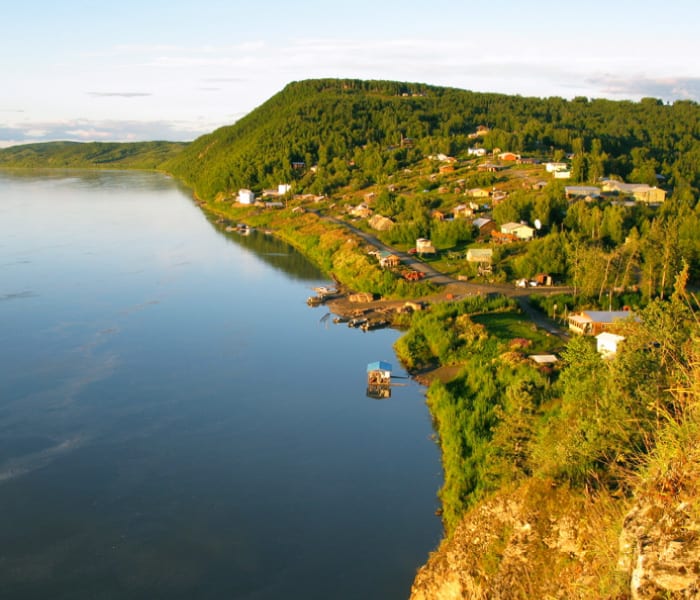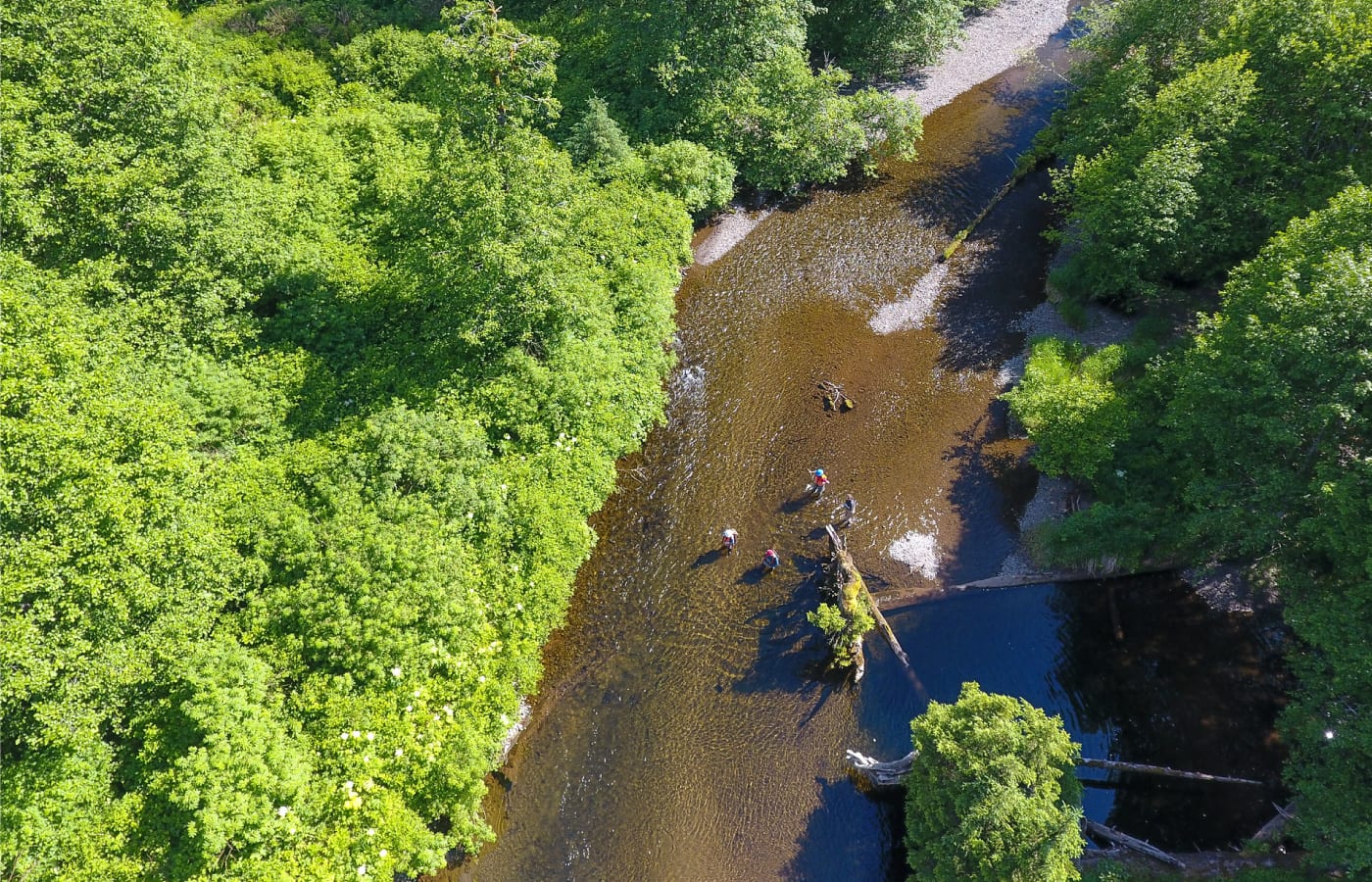Through the Energy Transitions Initiative Partnership Project (ETIPP), REAP and our partners in Maine, Hawaii, North Carolina, Alaska, National Renewable Energy Laboratory, Pacific Northwest National Laboratory, Sandia National Laboratories, and Lawrence Berkeley National Laboratory will work alongside communities to identify and advance strategic, whole-system solutions in a way that prioritizes community values, needs, and goals.
ETIPP’s collaborative, community-driven approach will ensure remote, islanded, and island communities acquire the skills and tools to make decisions that are best for them and will accelerate the sharing of best practices and innovations across technologies and sectors.
The need for capacity building and knowledge sharing
There are an estimated one billion people on the planet that have no electricity, and another 700 million people who generate their power from diesel fuel.
Many of these communities are located in remote areas, on islands, or on “islanded” grids that are not connected to other grids. And an increasing number have installed, or are looking to install, renewable power systems that can reduce their reliance on fossil fuels and increase energy resilience.
Resilience in this context is the ability to anticipate, prepare for, and adapt to changing conditions and withstand, respond to, and recover rapidly from disruptions through adaptable and holistic energy planning and technical solutions.
ETIPP’s collaborative, community-driven approach will ensure remote, islanded, and island communities acquire the skills and tools to make decisions that are best for them and will accelerate the sharing of best practices and innovations across technologies and sectors among similarly situated jurisdictions or regions. ETIPP will be supported by the National Renewable Energy Laboratory, Pacific Northwest National Laboratory, Sandia National Laboratories, and Lawrence Berkeley National Laboratory.

Communities can expect to receive guidance, training, and support from technical experts who fit the needs outlined by the community.
ETIPP plans to select 8–12 remote, islanded, and island communities from the national applicant pool to receive technical assistance. Assistance will be virtual to start, with the goal to begin in-person assistance as soon as practical, with the health and safety of communities being the highest priority.
By participating in ETIPP, communities can expect to receive guidance, training, and support from the national lab technical experts who best fit the needs outlined by the community. Communities will not receive direct funding as part of the ETIPP effort but will receive substantial in-kind support and resources.
Technical Assistance Available
Areas of energy resilience planning assistance can include but are not limited to:
- Planning for community renewable energy project development
- Expert guidance to support integration of energy storage with other renewable technologies
- Microgrid and hybrid systems analysis and planning
- Training and capacity building for community members on renewable energy, energy efficiency, and carbon-reduction activities
- Tools and resources (templates, guides, etc.) to support the development of contracting requests and procurement for services for energy resilience execution (for example, contract assistance for community solar projects or pilot marine energy technology projects)
- Microgrid and hybrid systems analysis and planning


- Application Period Round 2: January 11-April 15, 2022
- Informational Webinar: February 16, 2022
- Notification of Award: June 2022
- Technical Assistance Scope of Work Development: July-August 2022
- Period of Technical Assistance: 12–18 months from the start of technical assistance
Beginning in July 2022, the selected finalists will work with ETIPP leaders to provide more information and develop detailed statements of work for technical assistance. The ETIPP review team will finalize the scope of work and initiate technical assistance, which is expected to be completed between August and January 2023.